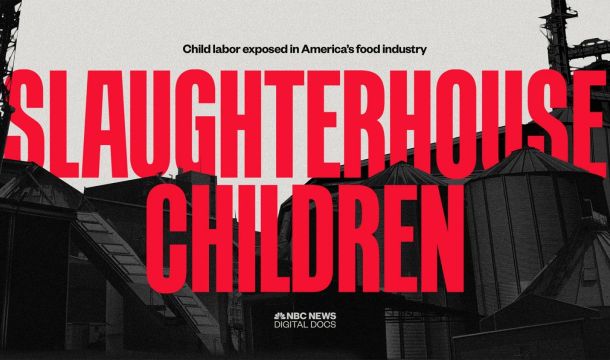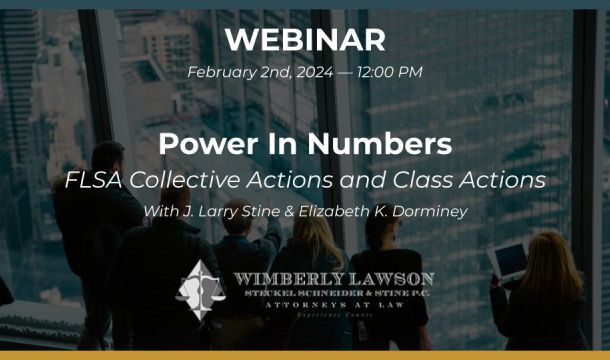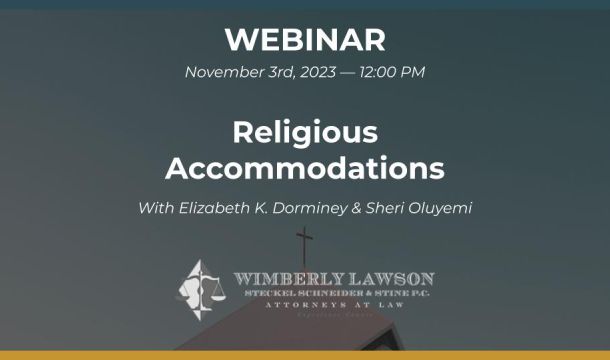OSHA ALERT - Revised Final Rule on Electronic Record keeping Issued
On January 24, 2019, OSHA issued a notice in the Federal Register (84 FR 380) amending the recordkeeping regulation by rescinding the requirement for establishments with 250 or more employees to electronically submit information from OSHA Forms 300 and 301. These establishments will continue to be required to maintain those records on-site, and OSHA will continue to obtain them as needed through inspections and enforcement actions. Establishments will continue to submit information from their Form 300A's. Employers' responsibilities to report fatalities, hospitalizations, amputations and loss of an eye to OSHA remain the same.
OSHA also is amending the recordkeeping regulation to require covered employers to submit their Employer Identification Number (EIN) electronically along with their injury and illness data submission, which should reduce duplicative employer reporting.
Nothing in the final rule revokes an employer's duty to maintain OSHA Forms 300 and 301 for OSHA inspection. The final rule becomes effective on February 25, 2019.
Beginning in 2019, the deadline for employers to electronically submit the Form 300A, the annual summary of the injuries and illnesses, has been moved from July 1 to March 2. The deadline for covered employers to electronically submit the OSHA Form 300A is March 2, and additional information regarding the electronic reporting requirement are available at https://www.osha.gov/injuryreporting/index.html. This rule requires establishments of 250 or more employees to annually submit the Form 300A, while establishments with 20-249 employees are only required to annually submit Form 300A for certain industries.
While most of these changes were widely expected, representatives from both the business and labor side are not happy. The U.S. Chamber contends that OSHA should have deleted the Form 300A electronic filing requirement as well. Businesses are particularly concerned since in at least one ruling last December (Public Citizen Health Research Group v. Acosta, No. 19-cv-00116, 1/25/19), a federal judge ruled that a release under the open records laws of injury and illness data probably would not violate the privacy restrictions OSHA contends might apply to justify withholding the information, thus potentially allowing public access to such information filed with OSHA. On the other side, labor advocates contend the rule revision prevents workers and safety experts from being able to review the detailed information in the 300 and 301 forms.
Questions? Need more information? Call J. Larry Stine at (404) 365-0900.
Related Content
Get Email Updates
Recent Content

Judge Invalidates Joint Employer Rule, and Independent Contractor Rule Takes Effect

The Importance of Fairness in Employment to the Law and to Job Satisfaction

Major Employers Challenge Constitutionality of Labor Act

Starbucks' Big Change in Labor Policies

Judge Orders Survey Data to Be Revealed from Employer EEO-1 Reports




